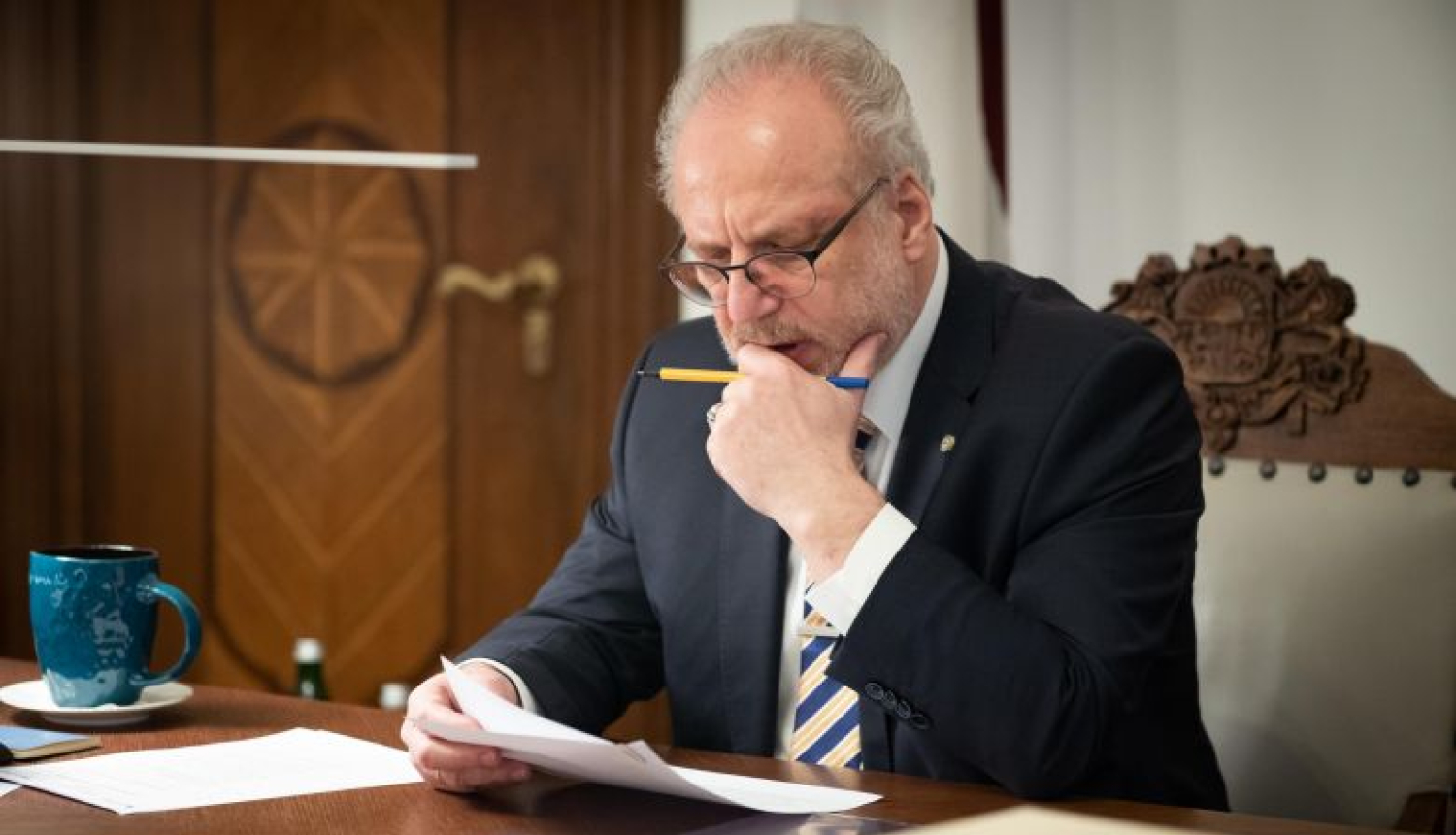One of the main topics of discussion was the need to take bolder steps on the development of Latvia’s capital market, because Latvia’s stock market capitalization-to-GDP ratio is the lowest in the Baltics and the whole European Union (EU). Santa Purgaile presented her opinion on the role of government and political decisions, which are needed to boost the capital market. FCMC has identified 10 steps that would reinvigorate the domestic capital market, which compared to other European countries is backward. Cross-sectoral Coordination Centre has also prepared an information note for the cabinet on what needs to be done, so it is up to politicians now to embark on this ambitious agenda.
Santa Purgaile, Daiga Auziņa-Melalksne and Andris Grafs pointed out that it is time to consider offering state-owned enterprise (SOEs) shares on the stock market. State as a shareholder in SOEs should also define highly ambitious sustainable development goals for these companies. State should also insist on professional and transparent governance of SOEs. State as a shareholder should be more vocal in defining its financial expectation towards companies in which it holds significant interest.
Developed capital market facilitates innovations in support of green economy. EU is ready to make major investments into greater sustainability and in return it expects a level of innovation that matches investment intensity. It also seeks green transition of member state companies. Latvian stock companies need to support transition to climate neutral economy, which will be difficult to achieve without ambitious goals.
According to President Levits, one of the short-term priorities in the context of the capital market development is review of the information note prepared by the Cross-sectoral Coordination Centre. Government should also request SOEs to present concrete development goals and financial indicators. Other, non-financial targets should also be prioritised as a way of boosting the use of corporate governance practices in SOEs. President of Latvia also underlined that future of Latvia and common future of the EU requires greater emphasis on greening criteria across all projects of SOEs. People’s financial literacy is also an important factor in successful development of Latvia’s capital market.
Daiga Auziņa-Melalksne said that constant borrowing in the public sector is not sustainable and additional revenue sources should be found through activation of capital market. Government should revisit the idea of listing SOEs on the stock market as Estonia and Lithuania has done, instead of postponing this idea yet another time. Mrs Auziņa-Melalksne insisted that this should not be labelled a privatisation by any means, because state will retain its interest and control over these SOEs. Additional investment opportunities would multiply national capital and facilitate re-investment of contributions in Tier 2 of pension system into the national economy, instead of money flowing to Estonia and Lithuania as we are seeing currently.
Andris Grafs mentioned that the analysis of current situation in the Baltics shows that financial targets and so-called financial expectations with regard to returns on equity and debt defined by management of SOEs are too vague. It is important to couple sustainability goals with aforementioned operational goals.
Egils Levits and Andris Grafs also discussed the introduction of Latvian corporate governance code. This code would contain principles based on best corporate governance practices from various countries and would apply to all business entities. Changes in relevant legislation are currently under review of the parliament. Once adopted, they will become binding to all state-owned enterprises.




